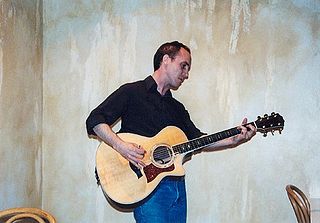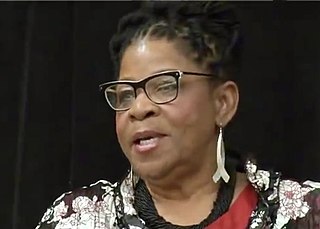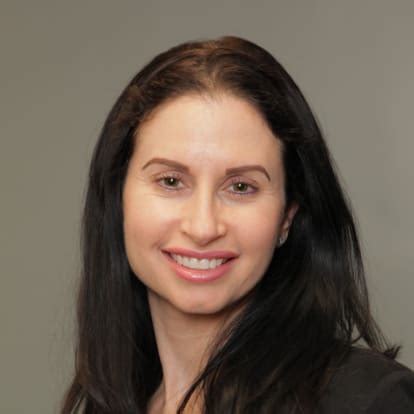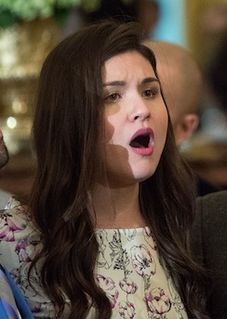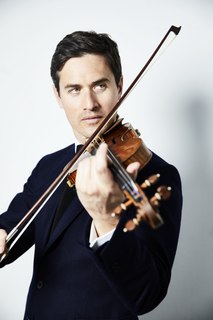A Quote by Joshua Bell
When you play a violin piece, you are a storyteller, and you're telling a story.
Related Quotes
I'm a storyteller. I'm always willing to serve the story, a story I believe in, in whatever way is necessary. If I need to write the story I believe in, I will write it. If I've been offered to act in a story that I truly believe in, I will happily do that, but I'm a storyteller. That's something I'm so thankful for.
When I make film music, I'm a filmmaker first and foremost. It's about serving the needs of the film. You're telling a story; in a way, you stop becoming a composer and become a storyteller instead. You tell the story with the most appropriate themes. How you approach these things is a very personal matter, but your goal is to tell the story first.
What's your story? It's all in the telling. Stories are compasses and architecture; we navigate by them, and to be without a story is to be lost in the vastness of world that spreads in all directions like arctic tundra or sea ice. To love someone is to put yourself in their place, we say, which is to put yourself in their story, or figure out how to tell yourself their story. Which means that a place is a story, and stories are geography, and empathy is first of all an act of imagination, a storyteller's art, and then a way of traveling from here to there.
I come from a very musical family. My dad taught me to play guitar. I play violin and drums as well. Violin, I started in elementary school. Drums actually came when I was in a program called 'Rock Star,' which was really awesome. We were doing a song by the Ramones, so I thought, 'Why not play the drums?'



